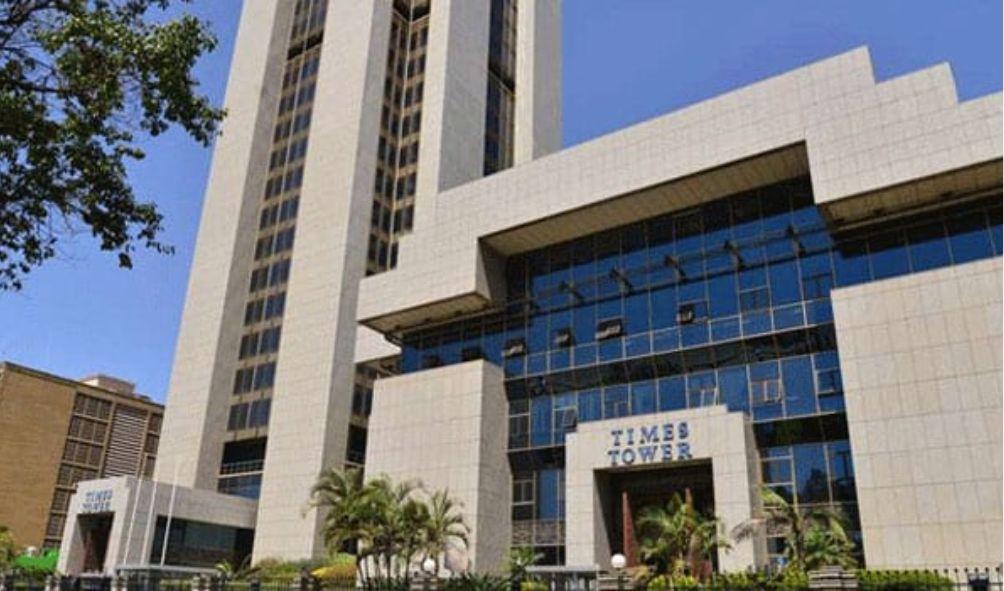KRA nets Sh170bn in October 2023 as Kenya Kwanza reaps from Finance Act
Tax revenue for October jumped by a fifth compared to the same month last year as the Ruto administration began to reap the benefits of increased taxation as part of an IMF-backed austerity drive.
The Kenya Revenue Authority collected Sh170.48 billion in tax revenue for the month, treasury data released by National Treasury cabinet secretary Njuguna Ndung’u showed on Friday, a 19.42 percent growth from Sh142.775 billion in the same month last year.
October marked the first month the taxman received cash from the second round of implementation of the Kenya Kwanza government’s painful tax measures in the Finance Act, 2023.
These included the Export and Investment Promotion Levy on imports of cement clinker, iron and steel, and paper and board, and the Digital Assets Tax on online sales of content, music, e-books, photos, documents, videos, and other digital assets.
The year-on-year growth in tax inflows for the month was almost double the 10.55 percent increase in revenues to Sh514.26 billion for the three months to September.
This came as the KRA enforced new tax measures such as the doubling of the VAT on fuel to 16 percent and the 1.5 percent housing levy, which is deducted from the gross salary of all employees and matched by employers.
The imposition of the housing levy is seen as a form of double taxation on personal income, as the KRA uses the same gross salary to also deduct Pay As You Earn.
The increase in tax collection for October came at a time when business leaders reported that job cuts in September rose at the fastest pace since the peak of the Covid curbs in June 2020.
This was due to a “marked drop” in demand for goods and services, which firms linked to elevated inflationary pressures and cash flow challenges amid higher taxation. Construction and wholesale and retail trade were the worst-hit sectors, according to the results of Stanbic Bank Kenya’s Purchasing Managers’ Index (PMI) for October.
Inflation – a measure of the cost of living over the past 12 months – rose for the first time in five months to 6.9 percent in October from 6.8 percent a month earlier.
This was the first increase since 8.0 percent in May.
“Cost-of-living pressures and cashflow difficulties saw customer demand declining, while weaker output and lower workloads led to an increased rate of job cuts,” Christopher Legilisho, an economist at South Africa’s Standard Bank, the parent company of Stanbic Bank, wrote in the PMI report.
“Meanwhile, Kenyan businesses reported burgeoning inventories and therefore raised their selling prices in October to protect their profit margins. Input prices and purchase price pressures faced by Kenyan businesses were attributed to a further increase in fuel prices and transport costs.”
Overall, tax revenue for the first four months of this fiscal year ending June 2024 has risen by 12.63 percent to Sh684.75 billion. The new painful taxes, which have hit salaried workers and importers the hardest, are key to helping the Treasury achieve its fiscal consolidation plans for the current year ending June 2024.
The austerity measures aim to reduce the hole in the budget – which is filled by borrowing – to 4.4 percent of gross domestic product, down from an estimated 5.8 percent in the year to June.
“[On new taxes], we are only concerned about the impact of the high debt levels that we have. I know, sometimes, we think that there is a lot to cut on expenditure but you will be surprised to know… there is very little room for sharp expenditure cuts and we don’t want to cut development expenditure,” Central Bank of Kenya Governor Kamau Thugge said on 17 July.
“So it’s very important that we mobilize revenue so that we reduce borrowing to stabilize our debt going forward.”
President William Ruto has said on several occasions that Kenya has the potential to mobilize Sh3 trillion in taxes annually.
“A huge obstacle to the realization of our national revenue target is that in practice tax administration has traditionally been a repressive, menacing affair which resembles extortion,” Dr Ruto said at a past event.
“This extinguishes taxpayer incentive and diminishes the prospect of an expanded tax base pulling Kenyan backward from its national revenue potential and denying its citizens critical services and development programs.”
KRA nets Sh170bn in October 2023 as Kenya Kwanza reaps from Finance Act
